
Women artists

The Lost King

Bold!

Self-defense workshop

UM2030 – IDEAS: integration and development of IDEX and ISITE

Alexane Lequart, new student vice president of UM
Published on: February 5 , 2024
Alexane Lequart, student at the Montpellier-Sète University Institute of Technology and head of the Z’élus list...
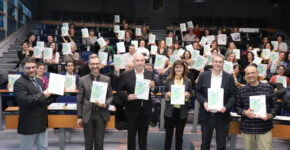
“From the lab to classroom 2, health ecology”
Published on: February 2 , 2024
After more than three years of work, 89 teachers and researchers were able to receive...
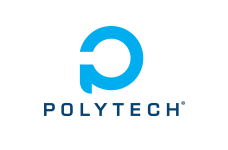
Launch of an engineering program at the University of Montpellier taught by Polytech
Published on: February 1 , 2024
During the EDEN (Sustainable Ecosystem and Natural Energy) steering committee meeting, Sophie Béjean,...

International Day of Women and Girls in Science
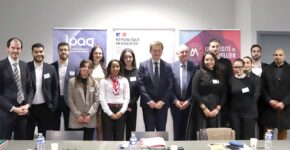
Talent preparation: the Prefect of Hérault meets with UM students
Published on: January 26 , 2024
François-Xavier Lauch, Prefect of Hérault, visited on Thursday, January 25, to...
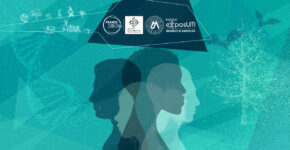
Call for proposals ExposUM FELLOWSHIPS 2024
Published on: January 18 , 2024
ExposUM is an initiative of the University of Montpellier and its partners aimed at...
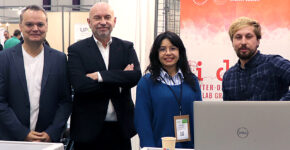
AdNatura, a success story made in UM
Published on: January 17 , 2024
For this new edition, the national trade show for professionals in ecology and...

The University of Montpellier adopts its master plan for ecological transition (SDTE)
Published on: January 15 , 2024
In light of the current challenges facing our society, the University of Montpellier has decided...

Montpellier launches AICET, the first AI assessment test with a view to issuing the first AFNOR certifications
Published on: January 5 , 2024
At the start of 2024, the University of Montpellier, Montpellier Metropolitan Area, and...

Already more than a thousand signatories to the appeal launched by Montpellier Metropolitan Area and Montpellier University to support Montpellier's AI projects
Published on: January 4 , 2024
Students, teachers, researchers, engineers, and presidents of startups and companies, etc.

Artificial intelligence and high-performance computing: the University of Montpellier announces the arrival of a new computing and cloud cluster as part of the 2021-2027 CPER (State-Region Economic Partnership Contract).
Published on: January 4 , 2024
At the start of 2024, Philippe Augé, President of the University of Montpellier, announced...